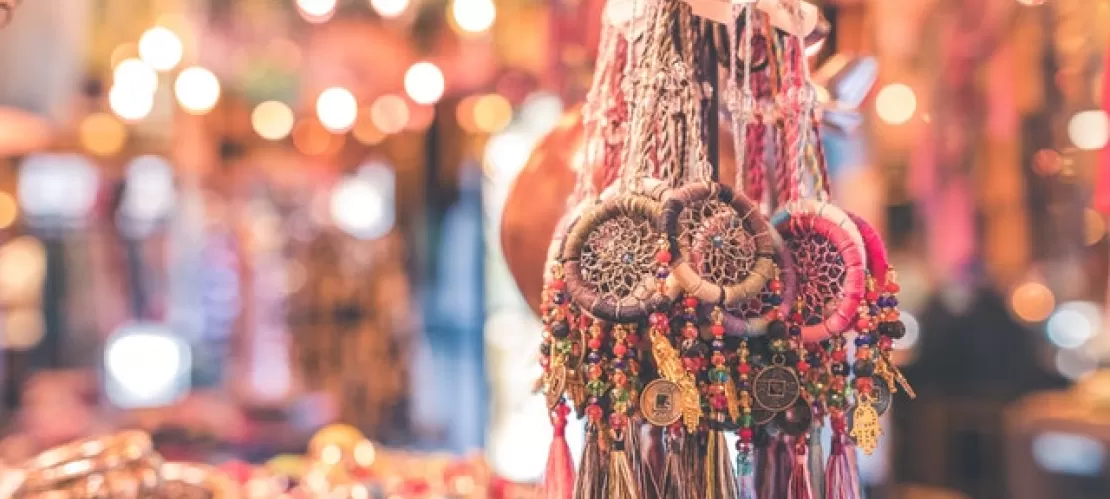Memories Made Tangible: The Benefits of Collecting Souvenirs

What Are Travel Souvenirs?
Travel souvenirs are items that people take home from their travels to remind them of the places they’ve visited. These items can be anything from keychains and postcards to local crafts and artwork. Whether picking up a tiny trinket from a local shop or a unique Chicago sports item, souvenirs are a tangible connection to the travel experience, allowing you to relive your adventures long after you’ve returned home.
Why People Collect Souvenirs
Collecting travel souvenirs is a widespread practice for a variety of reasons. It helps to keep the memories of a trip alive and offers a tangible connection to the experiences and places visited. This practice often brings joy and nostalgia long after the trip has ended, making it a cherished tradition for many. Souvenirs act as an extension of the journey, capturing moments in a way that photos or videos might only partially emulate.
Preserving Memories
One of the main reasons people buy souvenirs is to preserve the memories of their travels. A study on why we collect artifacts notes that having physical items can trigger fond memories of the time spent in a particular location. A simple glance at a souvenir can bring back a place’s sights, sounds, and smells, providing a sensory bridge to past experiences. Such items may also serve as topics of conversation, allowing friends and family to share in your travel story.
Cultural Significance
Travel souvenirs often have cultural significance and can represent a place’s traditions and customs. Bringing home a locally made item can offer insight into the area’s culture and serve as a conversation starter. For example, Indigenous crafts or traditional garments tell a story of the community and its heritage. These items add aesthetic value to your home and educational value, providing an opportunity to showcase and celebrate cultural diversity.
Supporting Local Artisans
Purchasing souvenirs from local markets or artisans gives you a unique item and supports the local economy. This has become increasingly important as tourism supports many small businesses worldwide. Traveling with a conscious mindset and focusing on ethical purchases ensures that your money goes towards sustaining local craftspeople and preserving traditional arts. This support can impact communities meaningfully, helping them thrive in a global economy.
Educational Value
Souvenirs can be educational. Items like historical replicas, books, or informational pamphlets can provide more profound knowledge about a place’s history, culture, and significance. These educational elements make the souvenirs more than just decorative items; they become tools for learning and appreciation. For instance, acquiring a map with historical notations or a handcrafted item that explains its cultural origins can offer educational experiences for adults and children, enriching their understanding of the world.
Types of Souvenirs
Travelers can collect many types of souvenirs, including clothing, art, food items, and handmade crafts. Each type offers a different way to remember and appreciate the travel experience, whether a piece of local fashion or a culinary delight from an unforgettable meal. Collecting various souvenirs ensures that each trip leaves a unique mark on your life, woven into the fabric of your everyday surroundings.
How to Choose Souvenirs
When selecting souvenirs, consider items that are meaningful to you. Look for quality over quantity, and choose items that reflect the culture and traditions of the place you visited. Prioritize unique or handmade souvenirs by local artisans, which often hold more sentimental and cultural value. Following these guidelines ensures that your collection remains personal and tells a story that transcends the mere act of shopping, turning each object into a cherished memory.
